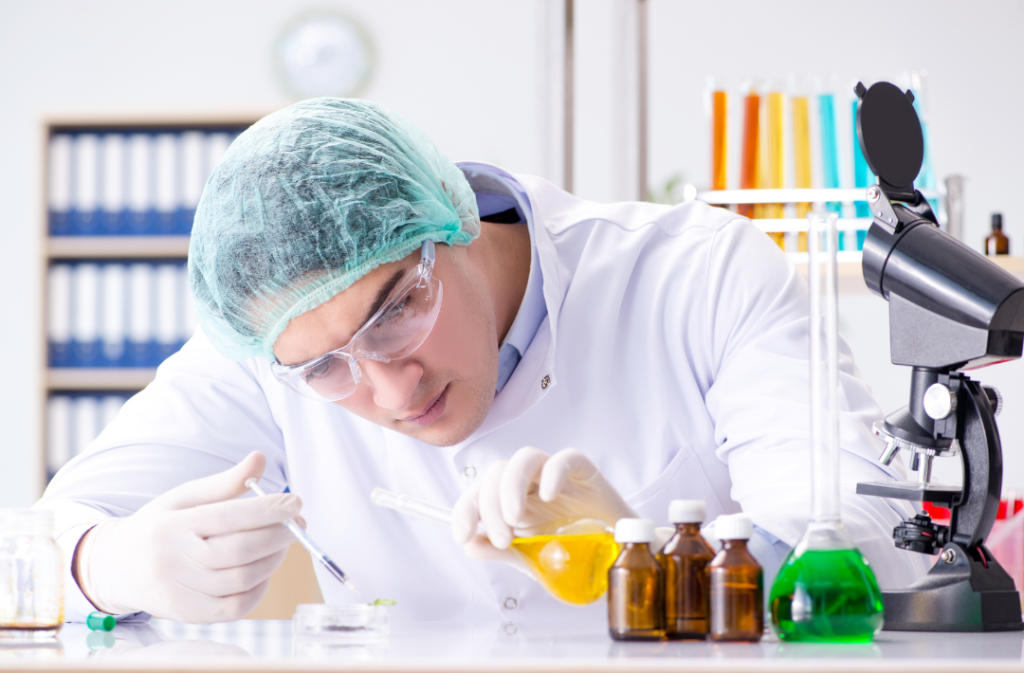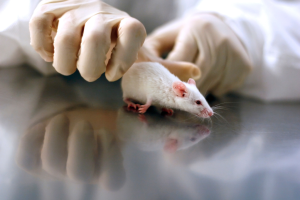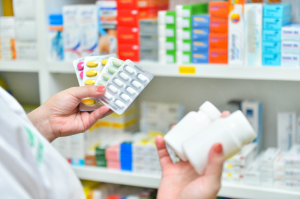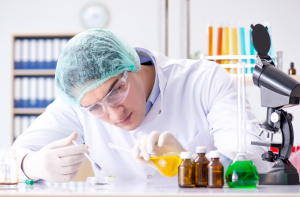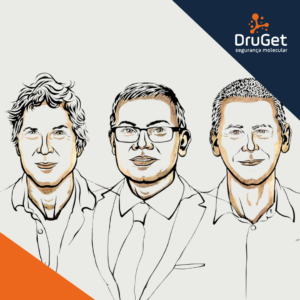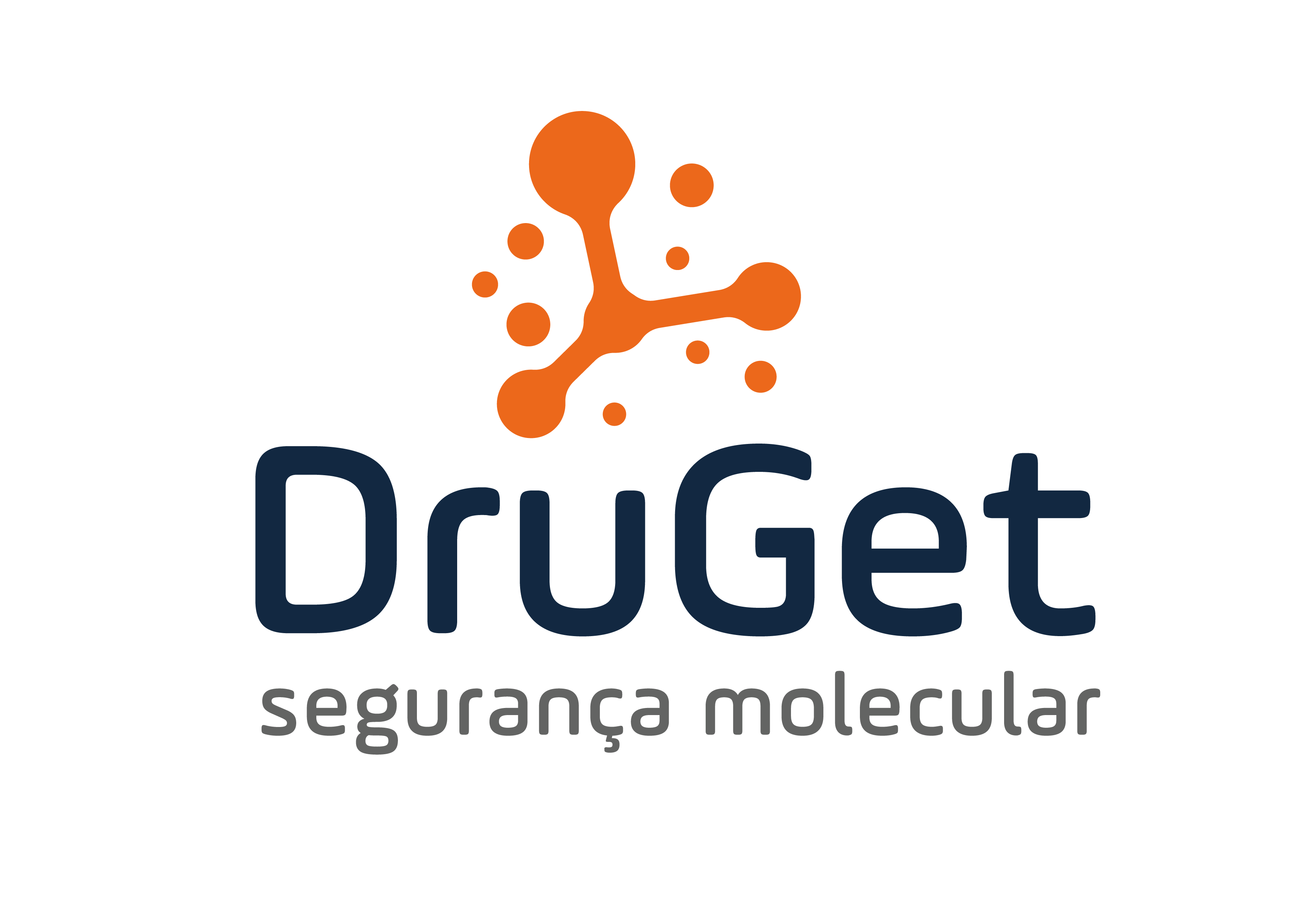Researchers begin the development of a new drug by formulating a hypothesis about a new mechanism of action or a molecule that can efficiently interact with a specific therapeutic target. Furthermore, they explore various approaches to find new molecules with pharmacological potential. This includes research into plant or animal extracts and the structural modification of existing active ingredients.
Initial Step of Drug Development: Molecule Selection
In the initial phase, researchers make a careful choice of molecules. Therefore, they need to select or construct diverse molecules to increase the chances of success. In this context, in silico methods (computer simulations) play a crucial role. Additionally, these methods allow the application of rigorous filters that, for example, limit the molecular mass of prototypes, thus helping to eliminate molecules with a low probability of success.
In Silico Tools
Two widely used in silico tools are:
- Molecular Docking: Predicts which molecules are most likely to interact with a specific protein that modulates the pathophysiology of a disease.
- Molecular Dynamics: Predicts the best interaction conformation between study molecules and the target protein over time.
The choice of the pharmacological target (protein, DNA, glycoprotein, etc.) is fundamental to the success of the study.
In Vitro and In Vivo Tests of Drug Development
The teams forward the theoretically predicted promising molecules for in vitro or in vivo testing. If these tests reveal ineffectiveness or high toxicity, researchers begin a new process to identify and correct problems. They then conduct molecular optimization studies on the molecules with the best results, modifying functional groups to create compounds with lower toxicity and greater affinity for the pharmacological target. Furthermore, this optimization can be carried out in silico, thus avoiding additional costs with in vitro and in vivo tests.
Clinical Tests
The optimized molecule advances to clinical trials in humans, following strict ethical standards. Clinical trials go through phases 1 to 4, with phase 1 to 3 being the most critical. Therefore, it is at this stage where the molecule is most likely to fail, even after rigorous preclinical studies. Therefore, due to the complexity and heterogeneity of the human system, it is essential to meticulously carry out pre-clinical studies to increase the chances of success in the clinical phase.
For more information, see:
- Universidade Federal do Rio Grande do Sul. “Como são desenvolvidos os medicamentos?” Disponível em: ufrgs.br.
- Barreiro, Eliezer J.; Fraga, Carlos Alberto Manssour. Química Medicinal: As bases moleculares da ação dos fármacos. Artmed Editora, 2014.
- Katzung, Bertram G.; Vanderah, Todd W. Farmacologia básica e clínica. Artmed Editora, 2022.

